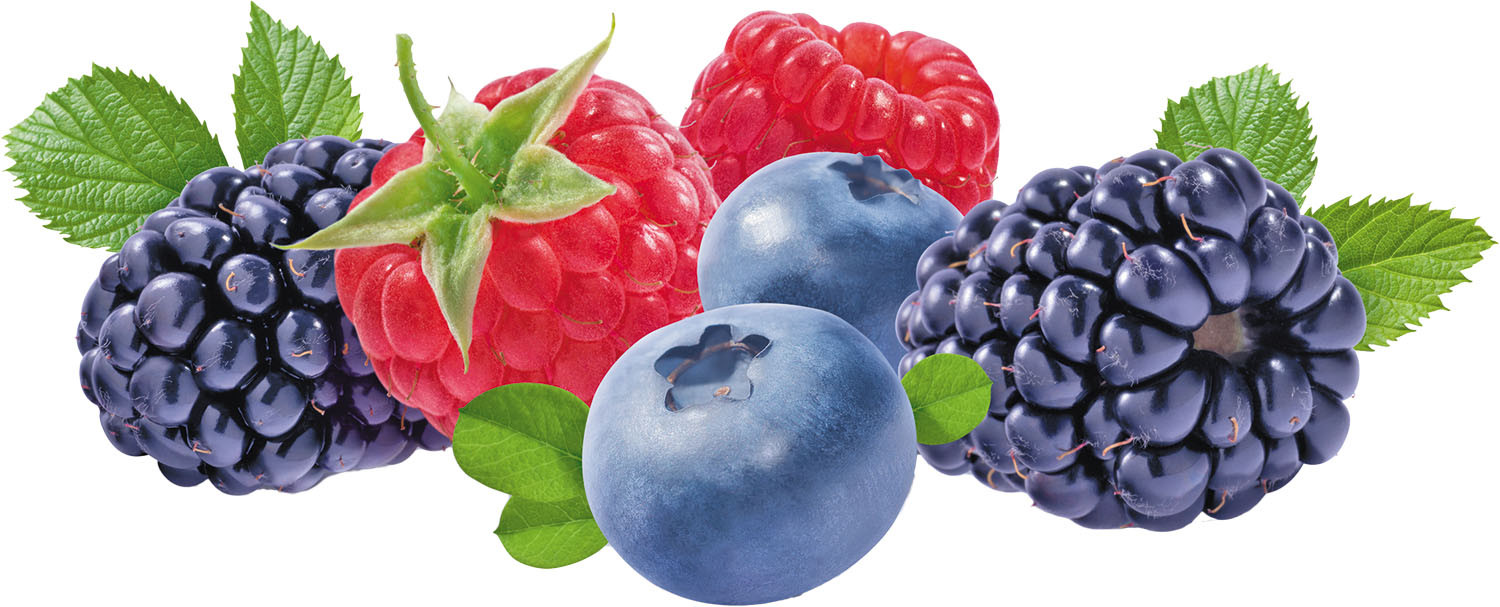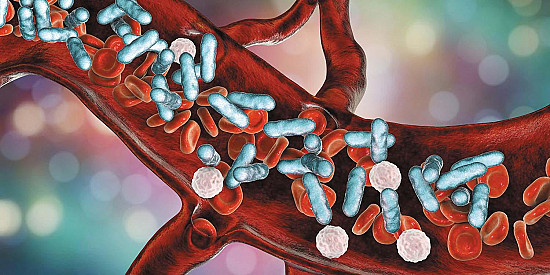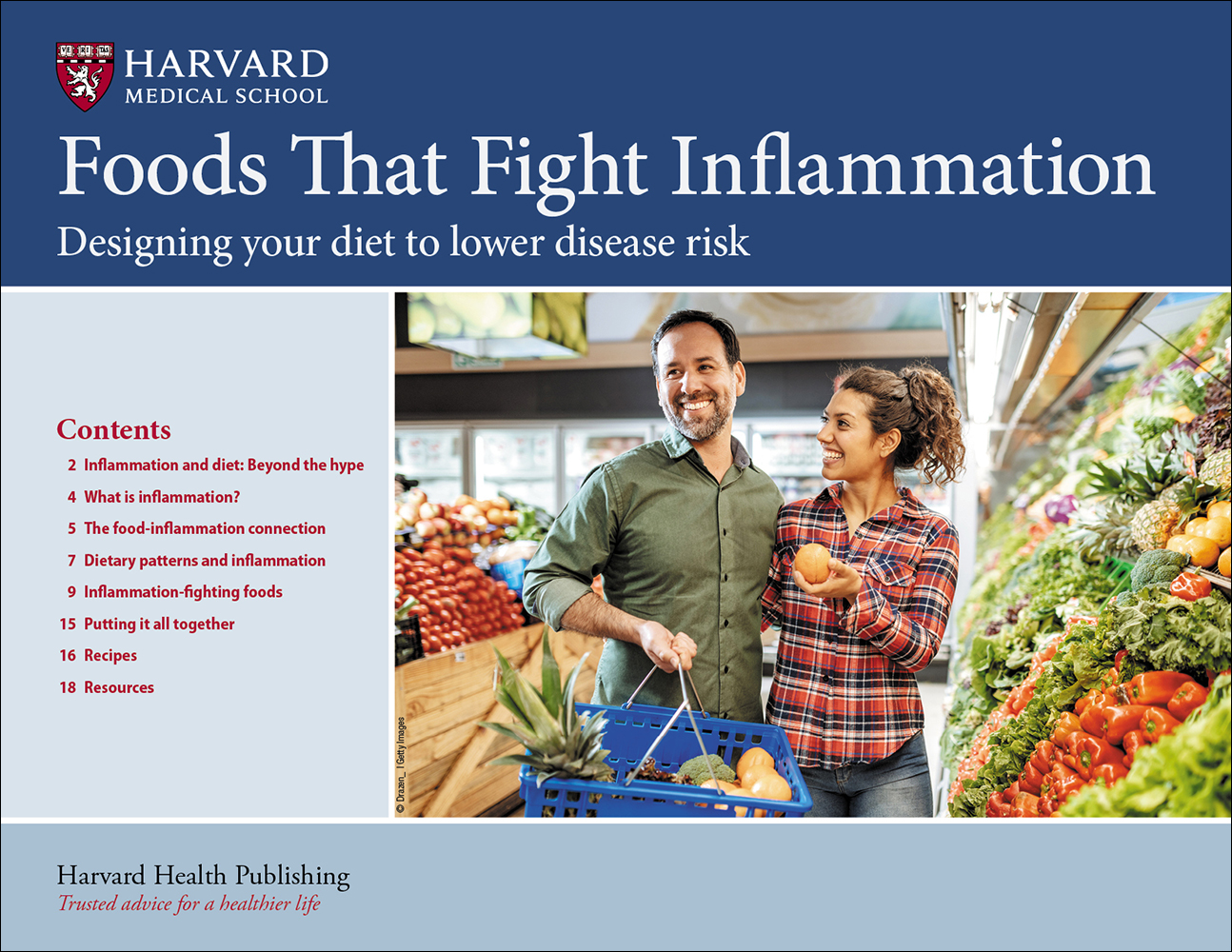Fighting inflammation with food
Load your meals with healthy foods that offer maximum inflammation-fighting potential.
- Reviewed by Anthony L. Komaroff, MD, Editor in Chief, Harvard Health Letter; Editorial Advisory Board Member, Harvard Health Publishing

In the fight against chronic inflammation — a state of persistent activation of the immune system — your diet is a powerful weapon. Eating healthy foods helps quiet chronic inflammation, and it benefits your health in other ways (like lowering cholesterol levels). Chronic inflammation often is seen with, and may contribute to, chronic diseases such as diabetes, cardiovascular disease, and cognitive decline.
Where do you find inflammation-fighting foods? They're all part of a Mediterranean-style diet, which consists of fruits, vegetables, legumes, whole grains, nuts, seeds, lean proteins, and small amounts of dairy foods and olive oil.
"Plant-based foods provide us with vitamins, minerals, fiber, and phytochemicals—plant chemicals that appear to fight free radicals [molecules that damage cells] and may protect our cells against inflammation, cancer growth, and viruses," says Kathy McManus, director of the Department of Nutrition at Harvard-affiliated Brigham and Women's Hospital. "Fish, nuts, and plant oils contain healthy unsaturated fats, which are good for your blood vessels, heart, and brain."
Here are some foods that support the quest to keep inflammation in check.
Berries
Strawberries, raspberries, blueberries, and blackberries may just seem like sweet treats. But berries are also hardworking inflammation fighters. Berries contain phytochemicals called anthocyanins, which give the fruits their red and purple hues. Anthocyanins have an anti-inflammatory effect on cells and are associated with lower risks of heart disease, cognitive decline, and diabetes.
Fatty fish
Fatty fish — such as salmon, tuna, and sardines — are abundant sources of omega-3 fatty acids, which have been shown to reduce cardiovascular disease risk. That benefit might be due to reduced inflammation in the body, especially in the blood vessels (protecting them against the buildup of plaque). Some evidence has found that eating fatty fish is associated with lower levels of C-reactive protein, an inflammatory marker in the blood.
Leafy greens
Green leafy vegetables — such as arugula, chard, kale, and spinach — are loaded with vitamins A, B, C, E, and K, as well as important minerals (iron, magnesium, and potassium) and phytochemicals. Spinach is associated with a reduction in inflammation levels over time, slowed cognitive decline, and reduced risks for coronary artery disease and stroke.
Nuts and seeds
Tiny but mighty, nuts and seeds (such as pistachios, almonds, sunflower seeds, and pumpkin seeds) are rich in fiber and other nutrients that help keep your gut bacteria healthy and in turn may help tamp down brain inflammation (see "Shield your memory from decline"). Certain nuts and seeds — such as walnuts, flaxseeds, chia seeds, and hemp seeds — are also good sources of omega-3 fatty acids.
Tomatoes
Tomatoes get their superpowers from a phytochemical called lycopene. It not only gives tomatoes their vibrant red color, but also appears to help reduce levels of interleukin-6, a protein that causes inflammation. Tomatoes are also associated with reduced risks for developing heart disease and prostate cancer.
What to eat
To get enough foods that fight inflammation, eat at least two servings of fatty fish per week and at least five servings of fruits and vegetables per day (two fruits, three vegetables). It's okay to enjoy a handful of nuts or seeds each day. And you'll want to bulk up on fiber sources, such as legumes like beans and lentils (women older than 50 need 21 grams of fiber per day; men need 30 grams per day).
"For the most impact, get the widest variety of plant-based foods possible in each meal. For example, make a big green salad with several kinds of greens and colorful vegetables, seeds, berries, and a simple dressing of a little olive oil and vinegar," McManus suggests. "Or cook whole grains such as quinoa or brown rice, and stir in the greens of your choice, beans, and colorful vegetables like carrots, squash, and tomatoes."
It's easiest to toss extra plant foods into a meal when you have them on hand. "If produce seems to spoil faster than you can use it, keep it in your freezer, divided into small amounts. That way, you can reach for fruits and vegetables when you need them," says McManus.
And as much as possible, avoid eating processed foods. They typically contain high amounts of calories, added sugars, unhealthy saturated fats, and salt, and are associated with chronic inflammation.
Image: © Kovaleva_Ka/Getty Images
About the Author

Heidi Godman, Executive Editor, Harvard Health Letter
About the Reviewer

Anthony L. Komaroff, MD, Editor in Chief, Harvard Health Letter; Editorial Advisory Board Member, Harvard Health Publishing
Disclaimer:
As a service to our readers, Harvard Health Publishing provides access to our library of archived content. Please note the date of last review or update on all articles.
No content on this site, regardless of date, should ever be used as a substitute for direct medical advice from your doctor or other qualified clinician.
















